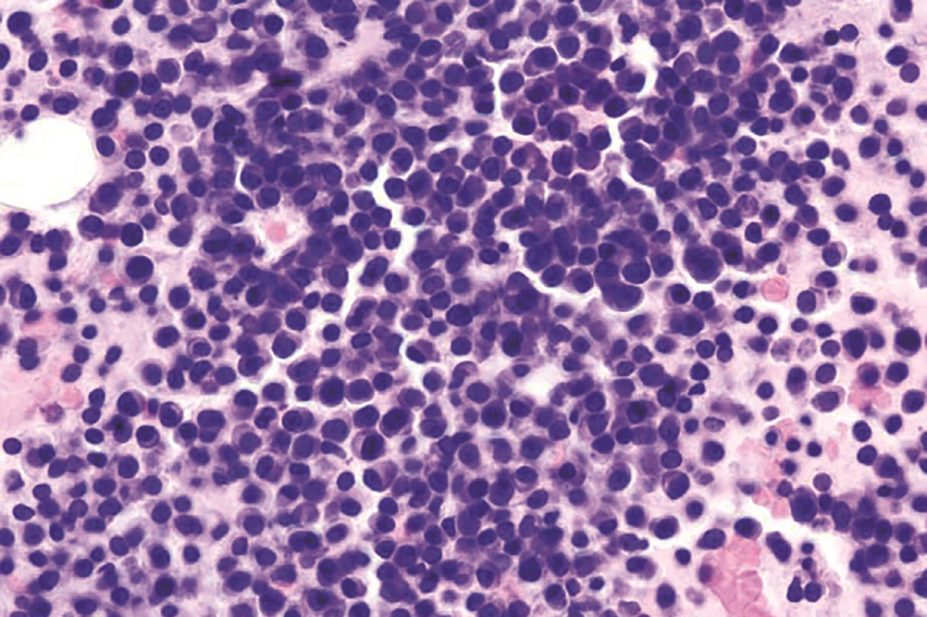
Wikimedia Commons
Patients with plasma cell disorders (PCDs), such as multiple myeloma, have a ten-fold increased risk of catching seasonal influenza. However, standard vaccination does not induce a robust antibody response in these patients.
Researchers from Yale Cancer Center presented results at the American Society of Hemotology (5–8 December 2015)[1]
showing that the high-dose flu vaccine Fluzone, delivered with a booster injection 30 days later, can significantly reduce the rate of flu in PCD patients. Out of 51 patients, only three (5.9%) developed flu during the 2014–2015 flu season (median age 65 years), compared with 20% of patients given one standard flu vaccine (based on historical data). Seroprotection was also at the highest level reported in PCD patients, say the researchers.
They are now planning a randomised trial to compare the strategy with traditional flu vaccination during the flu season in 2016.
References
[1] Branagan AR, Duffy E, Sekhar Boddupall C et al. Fluzone high-dose influenza vaccine with a booster is associated with low rates of influenza infection in patients with plasma cell disorders. Presented at the American Society of Haematology 57th Annual Meeting, 5–8 December 2015, Orlando, Florida.


